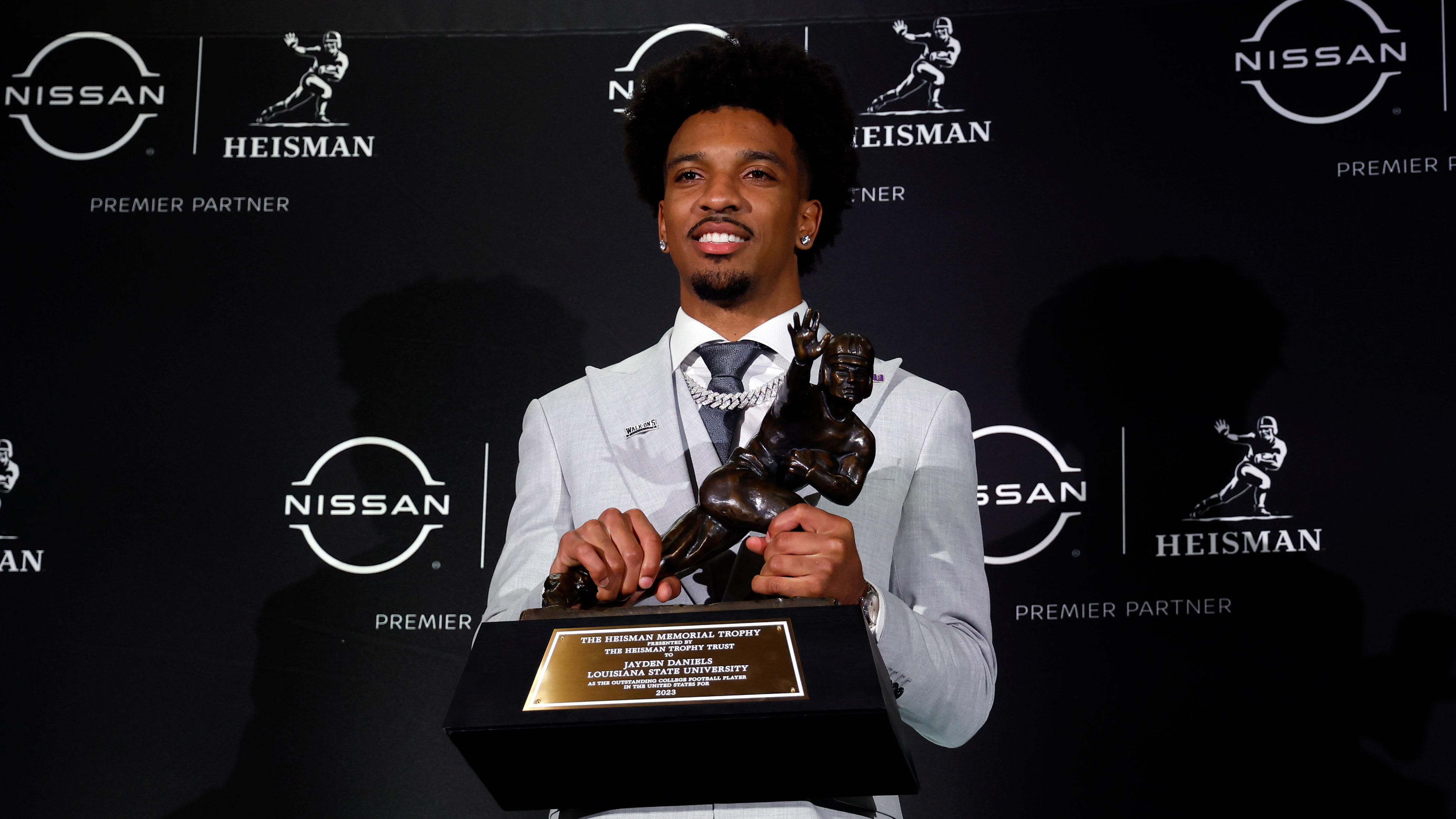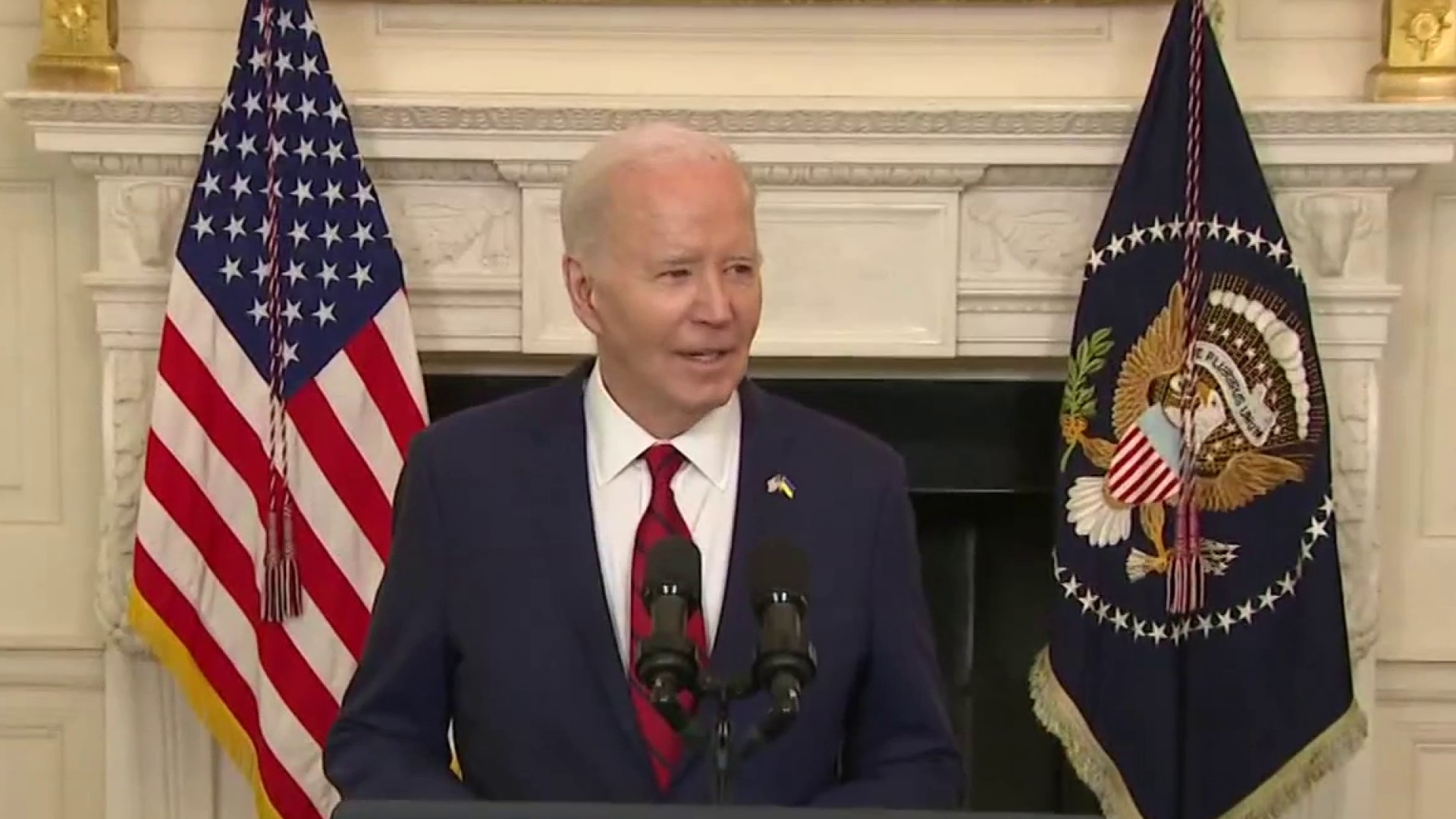“So why did you decide to homeschool?”
I’ve gotten that question a lot, but I still don’t really have an answer. It’s not because of the quality of public schools, or the cost of private ones, or because of politics or philosophy or religion. At least, it is not exclusively because of any of these reasons -- it’s a bit of all of them. My wife and I just decided long before becoming parents that, since we had the resources and the will to provide such an education for our children, we would do so.
There are as many reasons why families homeschool as there are types of homeschooling. “I homeschool because I want my children to have a real childhood,” says Maria Bremberg of Alexandria, a mother of four. “I want them digging in the dirt, building castles with blocks. I want them to come in contact with the wonder of the world firsthand, for them to explore nature and art, people and places, as an active participant, not just from behind a desk.”
Cherie Walsh of Greenbelt, a former teacher, says, “My choice to homeschool came from a decision to value time over money. The decision to design our own tiny school ourselves turned out to be the right one, where we can individualize the curriculum, add arts classes we would not be able to afford on top of a hefty tuition, and enrich my children’s relationships with each other and with me.”
In some cases, experiences with traditional schools lead to the decision. Shannyn Snyder of Manassas began homeschooling her older daughter in seventh grade after dealing with an indifferent teacher and an unwelcoming environment. She had intended to put her younger daughter in kindergarten, but “we noticed that she was exhibiting regressive and aggressive behavior” and “forgetting skill sets she had learned prior to attending the school.” After switching to homeschooling, she was soon reading and scoring “way above average” on Virginia’s standardized tests.
One concern for many homeschooling families, at least when they first start out, is socialization. While home-based learning offers a lot of one-on-one attention and individualized focus, there can be a risk of isolation. But most of the homeschool parents I spoke with say the issue is overstated.
“It’s the question I get most often and the question least on the mind of homeschoolers I know,” says Windy Robertson of Washington. “Our kids are very much out in the world. They play soccer, ride the Metro, visit museums, take music lessons, and help with shopping. Additionally, in the D.C. area we are fortunate to have a large, supportive network of homeschooling families.”
Local
Washington, D.C., Maryland and Virginia local news, events and information
Walsh agrees. “The other parents I’ve met, my homeschool colleagues, are by far the most interesting and creative thinkers I know,” she says. “They are careful in their choices but willing to take reasonable risks to enhance the experiences for our kids. I’ve seen already a developing love of learning in my older son that is different in kind from what I would see in him if he were attending traditional school.”
Bremberg says the character of the region helps, too. “There are lots of other homeschooling families around for support and ideas,” she says. “There is a myriad of fabulous educational activities within very close proximity, and many museums and centers have days or classes just for homeschoolers.”
Leah Cohen of Greenbelt, mother to a 7-year-old, similarly says that the “best thing about homeschooling” here is the “proximity to Washington and Baltimore, which both have great museum and museum education programs.”
Snyder says “the best thing about homeschooling in the Washington area is, simply, that we can. With little pushback from our local school system, we have felt the true freedom to school how we please. Both of my children are visual learners, so being able to go to museums, the city, the country, farms, and more within a quick drive is invaluable. We are just truly lucky in our location.”
Most of the parents I spoke with say this region is very open to homeschooling. “Acquaintances and others that I run into are very interested and understanding about homeschooling,” Snyder says. “Museums, classes, performance spaces, have all been very supportive about homeschooling. In fact, we have found that if we ask, many venues will pull out special curricula and schedules geared towards families or small groups.”
But Cohen says homeschooling families are “swimming upstream, no matter what part of the country you are in. People make negative assumptions -- that we are religious nuts, that we think we are ‘too good’ for public school, or that we are flaky people who spoil our child and let her do whatever she wants. None of these assumptions are true, and people who do get to know homeschoolers generally change their opinions rather quickly, but the stereotypes persist.”
But Walsh says the positive responses far outnumber the skepticism. “My 5-year-old now gleefully announces to anyone who asks anything about school that he is homeschooled, and the responses have been positive,” she says. “While it’s true that I am Quentin’s primary teacher, the statement conjures an image of far more isolation than is in fact the case. Quentin has a lot of teachers -- co-op parents, art, dance, and swimming teachers, teachers at the theater or nature program -- and as time goes on, I only see this list expanding, often with Quentin building student-teacher relationships that last for years.”
Follow P.J. Orvetti on Twitter at @PJOinDC. Read P.J.'s initial Education Nation story on homeschooling by clicking here.



